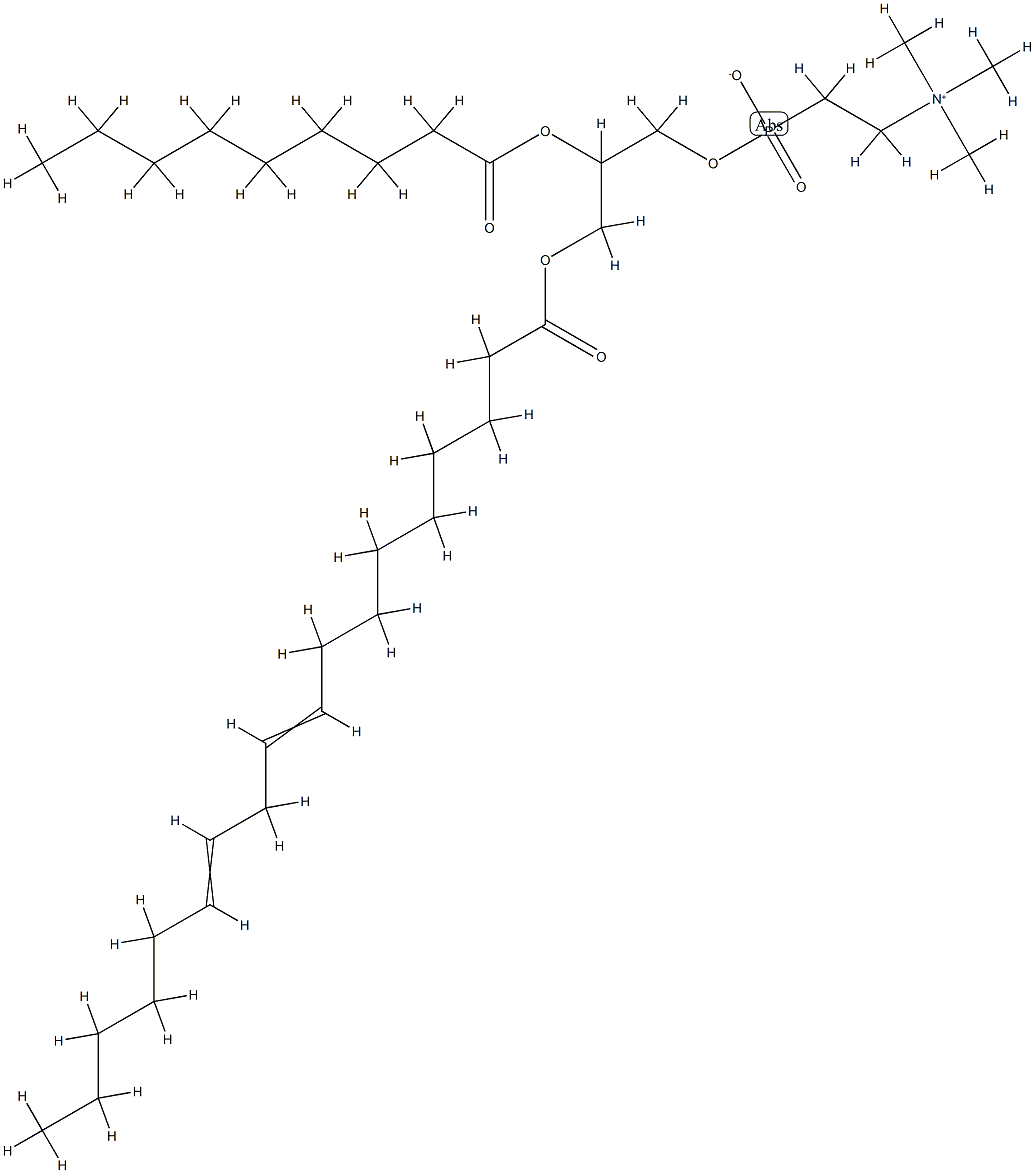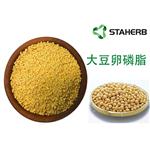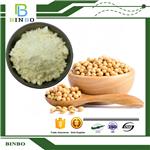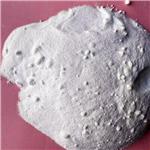Description
Phosphatidylcholine (PC), derived from eggs, soybeans, mustard, sunflowers and other foods, is a natural chemical. It occurs naturally in all cells of the body. Together with phosphatidylethanolamine (PE), it is the most abundant phospholipid in all mammalian cell membranes. Phosphatidylcholine is also the source of choline in the body.PC is a phospholipid attached to choline particles. Phospholipids contain fatty acids, glycerol, and phosphorus. The phosphorus portion of the phospholipid substance (lecithin) consists of PC. Therefore, the terms phosphatidylcholine and lecithin are often used interchangeably, but they are different. Foods containing lecithin are the best dietary sources of PC.
Uses
Phosphatidylcholine is used for ulcerative colitis. It is also used in the treatment of memory loss, Alzheimer's disease, and liver disease, but there is a lack of data to support this.PC is an important component of the very low-density lipoprotein (VLDL) complex, which facilitates the transport of triacylglycerols from the liver. Subcutaneous phosphatidylcholine has been used topically subcutaneously to reduce fat in the face and body, but is not FDA approved.



